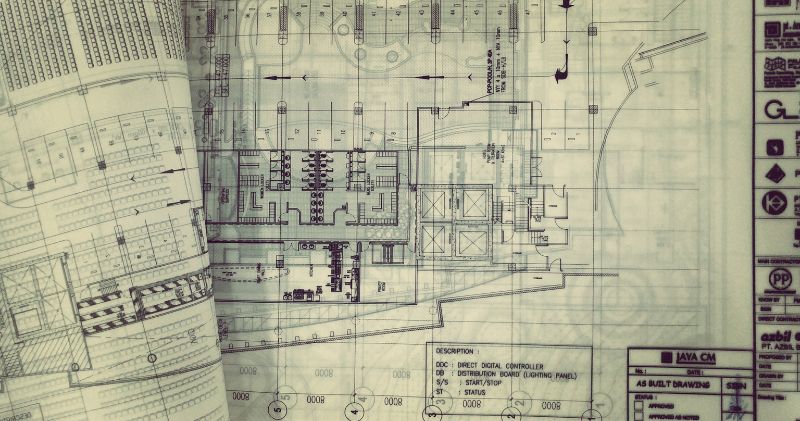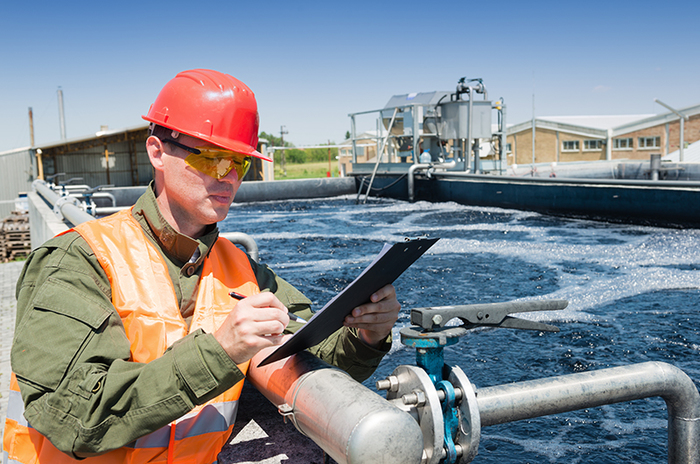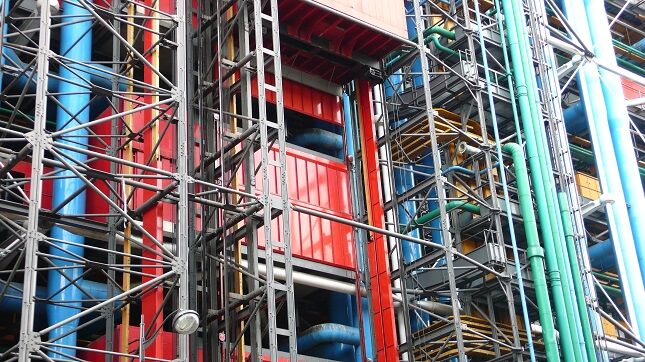As a water treatment engineer, I play an important role in ensuring the water we use every day is safe and healthy.
I am involved in various aspects of water regulations, including ensuring clean water, disposing of sewage and wastewater, and preventing flood damage.
To be successful in this field, I need strong problem-solving, analytical, and communication skills.
In this article, I’ll explore what a water treatment engineer does, the average salary in this profession, and how to pursue a career in this field.
What Are Those Roles?

Design of Treatment Systems
As a water treatment engineer, one of my primary responsibilities is designing solutions to mitigate the impact of flooding and ensure safe water supply systems.
This involves working closely with local authorities and stakeholders to develop effective and cost-efficient solutions.
In my work, I use various modeling software such as EPANET for water distribution systems, SWMM (Storm Water Management Model) for stormwater and wastewater management, and HEC-RAS (Hydrologic Engineering Center’s River Analysis System) for flood modeling.
I also utilize GIS (Geographic Information Systems) for spatial analysis and data visualization.
These tools help me optimize the design of water treatment plants, ensuring they are efficient, sustainable, and capable of meeting current and future demands.
Operation and Maintenance

Another essential aspect of my water treatment engineer role is overseeing the infrastructure’s operation and maintenance.
This includes conducting regular inspections, ensuring compliance with relevant regulations, and monitoring the quality and efficiency of the treatment process.
I work closely with chemists, biologists, and technicians to ensure that water treatment plants operate optimally and safely.
Specifically, I assess water quality standards, implement maintenance schedules, resolve technical issues and challenges, and monitor efficiency and energy consumption.
By coordinating these activities, I help maintain water treatment systems’ high performance and safety.
Quality Assurance
Maintaining a high level of water quality is of utmost importance in my role as an engineer.
I work closely with compliance specialists and other stakeholders to create and maintain effective monitoring programs that track water quality parameters such as pH, turbidity, and chemical content.
To ensure the quality of treated water, I implement the following measures:
- I establish routine testing schedules for water samples to monitor and identify any deviations from established quality standards.
- I make sure to keep all water treatment systems in optimal working condition by conducting regular maintenance and inspections.
- I maintain accurate records of all testing data, equipment maintenance, and regulatory compliance documents to demonstrate adherence to quality controls and regulations.
Salary

The average salary for an environmental engineer is $88,659 per year, based on 711 salaries reported to Indeed as of April 20, 2021.
Various factors can influence an environmental or water treatment engineer’s salary, including their employer, level of education and experience, and geographical location.
For example, environmental engineers in Los Angeles, CA, make an average of $100,543 per year, while those in Dallas, TX, make an average of $76,538 per year.
In addition to salary, environmental and water treatment engineers often receive benefits from their employers.
These benefits may include:
- Dependent care reimbursement
- Relocation assistance
- Loan forgiveness
- Referral program
- 401(k) programs
- Disability insurance
- Health insurance
- Health savings account
- Employee assistance program
- AD&D insurance
- Flexible spending accounts
- Life insurance
How to Become a Water Treatment Engineer

To pursue a career as a water treatment engineer, follow these steps:
- A four-year bachelor’s degree is the minimum education requirement.
- While a bachelor’s degree is the minimum requirement, many water treatment engineers pursue a master’s or doctorate in engineering.
- All engineers must be registered as a Professional Engineer (PE) in their state. To qualify for the PE exam, you must complete a four-year college degree, work under a PE for at least four years, and pass two exams. After meeting these requirements, you will receive your PE licensure through your state’s licensure board.
Final Words
I am dedicated to making a positive impact on public health and the environment.
By continuously improving my skills and staying updated with the latest technologies, I strive to contribute to a sustainable future.
If you’re passionate about environmental conservation and want to make a difference, a career in water treatment engineering might be just right for you.







